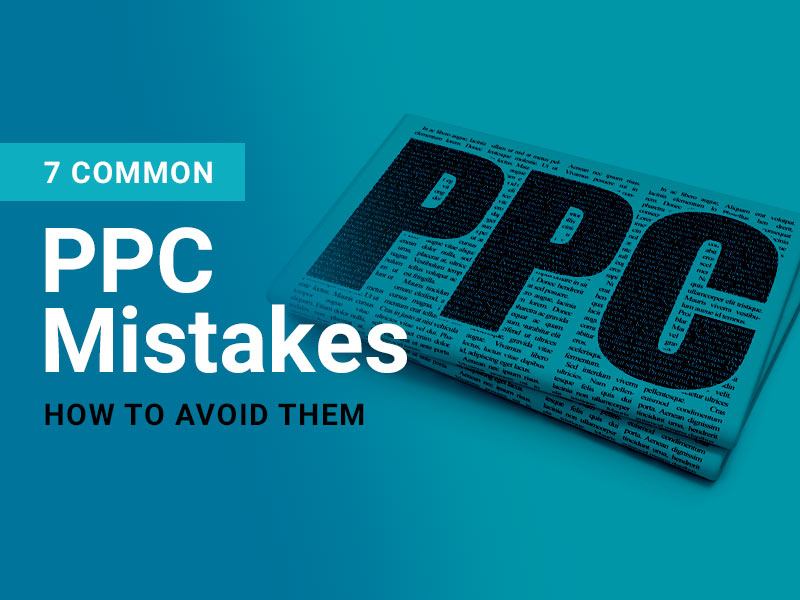Niche marketing is a strategic approach where businesses target a specific market segment with unique needs, preferences, and characteristics. It involves tailoring products, services, and marketing efforts to meet the target market’s demands instead of trying to reach a broader audience.
Successful niche marketing requires a deep understanding of the market. Businesses can reap significant benefits, as studies show that 80% of consumers prefer personalized experiences tailored to their preferences. Nielsen’s survey found that 52% of consumers prefer brands with a deep understanding of their needs.
Companies can stand out in a crowded marketplace by focusing on a specific audience and delivering specialized solutions. They can look for effective niche marketing techniques suited for their brands or hire reliable marketing strategists. A marketing strategist can apply various approaches to strengthen customer relationships, increase loyalty, and enhance brand reputation.
You can find untapped markets and grow sustainably using niche marketing strategies. These include vital elements that help reach and connect with a specific target group. Strategically incorporating these elements can help optimize marketing efforts and establish a dominant presence within aparticular market segment.
1. Market Research
Market research is crucial for successful niche marketing, as it uncovers valuable insights by analyzing demographic data, consumer trends, and competitor analysis. It helps businesses understand their target consumers’ needs, preferences, and behaviors. Some businesses may utilize the services of Asia proxies, or other similar proxies, to help with their market research, as this can allow them to do web data scraping, stopping them from getting blocked.
Leveraging data can uncover crucial demographic attributes such as age, gender, location, and income. This information can assist marketers in strategically positioning their brands to resonate with their intended audience.
For example: A skincare business is trying to reach out to millennials who care about the environment. Switching to recyclable packaging or focusing on all-natural ingredients can be excellent solutions.
Niche marketing relies heavily on consumer trends because they show the target audience’s shifting wants and needs. You can meet the changing needs of your consumers by keeping an eye on new trends.
Aside from monitoring consumer trends, you can also conduct a competitor analysis. It entails researching competitors’ strategies, strengths, weaknesses, and brand positioning. You can identify market gaps and find unique selling propositions that differentiate your brand from competitors.
Market research is crucial for niche marketing, as it helps businesses develop tailored strategies to connect with their audience, resulting in growth and success.
2. Unique Value Proposition
Defining your unique value proposition is crucial for capturing the attention and loyalty of your target audience. It’s not enough to exist in the market; you must articulate what sets your business apart. Emphasize why your products or services are the best choice for your consumers.
Define your value proposition by concentrating on what makes your brand unique. You can focus on product quality, innovative approach, excellent customer service, or specialized knowledge. This way, you can create a compelling reason for customers to choose you over competitors.
Boutique coffee shops can stand out by showcasing their value proposition on their coffee shop website. By displaying ethically sourced beans from local farmers, providing a comfortable ambiance, and delivering tailored recommendations based on individual tastes, for example, through their specialty coffee pods, they can significantly enhance their customer experience. This approach attracts customers who value sustainability, community support, and personalized experiences.
Creating a value proposition that strikes an emotional chord with your intended audience is crucial. Ensure effective communication of your brand’s unique value proposition while meeting the specific needs of your target consumers. By implementing this strategy, you can foster a profound connection with them and cultivate long-lasting brand loyalty.
3. Content Marketing
Creating high-quality, relevant, and valuable content is a powerful way to engage with the niche audience. You can create blog posts, videos, podcasts, or social media content that educates, entertains, and addresses the specific interests and challenges of the target market.
Content marketing establishes expertise, builds trust, and fosters long-term relationships with the audience. In addition, you can use content marketing to amplify your targeting techniques to reach the right audience at the right time.
You can craft different content for social media advertising, search engine optimization, pay-per-click advertising, and email marketing. Selecting keywords that match the target market’s interests and behaviors can help optimize your marketing budget and increase conversion rates.
4. Social Listening
Building robust relationships with the niche audience is crucial for long-term success. Social listening involves examining digital dialogues surrounding your brand to gain deeper insights into your target consumers.
Crafting compelling and tailored messaging is essential to maintain a connection with your audience. It involves addressing your consumers’ pain points and aspirations. The messaging should demonstrate a deep understanding of their needs and offer personalized solutions.
You can learn how effective your marketing strategies are with the help of social listening. It helps you zero in on problem spots so you can fix them.
5. Continuous Analysis and Optimization
Constantly monitoring and analyzing the effectiveness of the niche marketing strategy is essential for making data-driven decisions and improving outcomes. Utilizing analytics tools can help you track key performance indicators (KPIs) such as website traffic, conversion rates, customer engagement, and return on investment.
Conclusion
Effective niche marketing strategies require thorough market research, a unique value proposition, compelling content, social listening, and continuous analysis. These elements can help businesses reach and engage with their niche audience, driving growth, customer loyalty, and long-term success.







